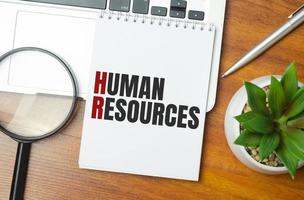In today’s fast-changing business environment, HR Operations do more than just handle employee records and payroll—they are vital in ensuring compliance and reducing organizational risk.
1. Ensuring Legal Compliance
HR Operations are responsible for making sure the company follows all employment laws, including:
- Labor laws and minimum wage regulations
- Working hours, leave, and holiday policies
- Anti-discrimination and equal opportunity policies
- Employee benefits and tax-related rules
By staying updated with legal changes and applying them through proper HR policies, they help avoid legal penalties and disputes.
2. Managing Employee Records and Documentation
Accurate documentation is essential. HR ensures:
- Proper onboarding and background checks
- Maintaining up-to-date employee files
- Recording attendance and leaves
- Documenting performance reviews and disciplinary actions
This protects the company during audits, investigations, or legal cases.
3. Risk Identification and Mitigation
HR Operations help detect and manage risks early, such as:
- Workplace conflicts or harassment issues
- Non-compliance with health and safety rules
- Data privacy breaches involving employee information
- Misclassifying employees or wrong payroll processing
By addressing these areas proactively, HR reduces chances of costly issues.
4. Policy Implementation and Training
Creating clear HR policies and training employees helps build awareness. Regular sessions on topics like:
- Code of conduct
- Workplace safety
- Harassment prevention
- Ethics and compliance
This creates a safer, more informed workplace and reduces operational risks.
5. Supporting Audits and Internal Controls
HR teams assist in both internal and external audits. Their role in:
- Providing reports and employee data
- Verifying compliance with policies
- Supporting finance and legal teams
Strengthens transparency and trust across the organization.
Conclusion
HR Operations are the guardians of compliance and the first line of defense against business risks. When managed well, they not only protect the organization legally but also create a fair, safe, and positive work culture.

